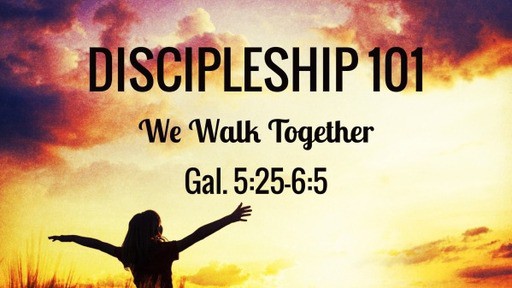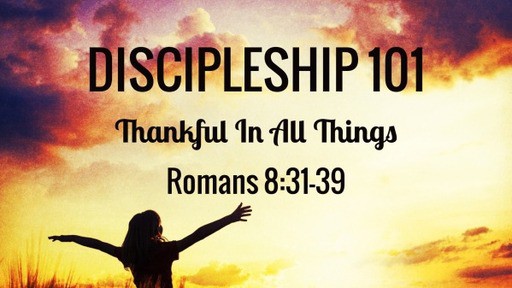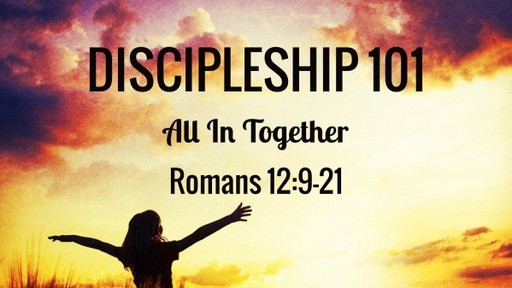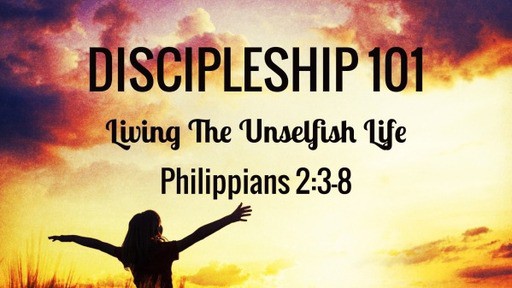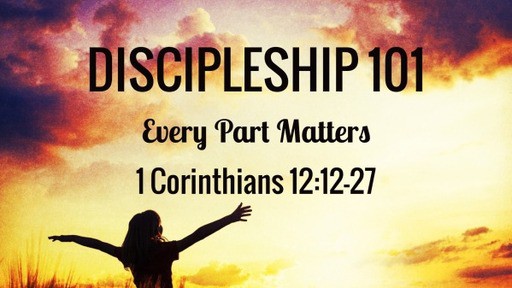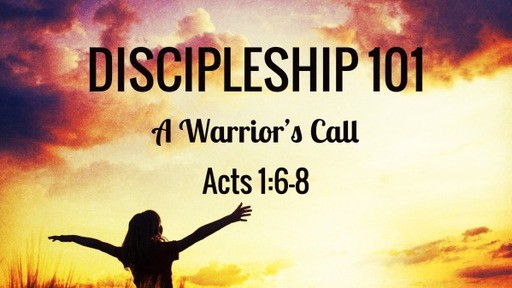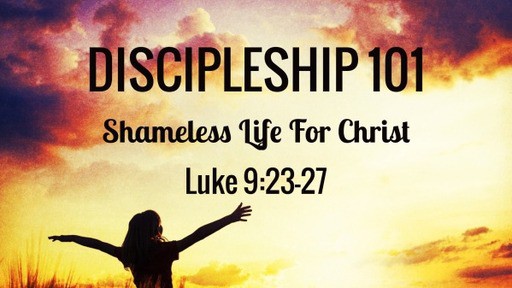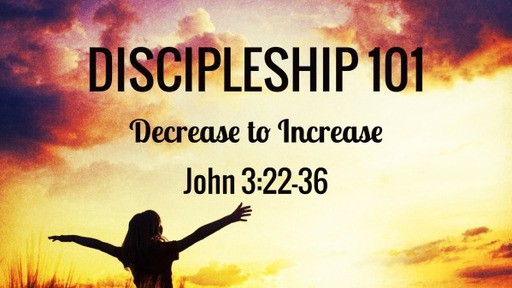Introduction
Think of a job that you truly despise. Maybe it is changing a flat. Maybe it is mucking stalls. Maybe it is scrubbing toilets. Or maybe it is changing diapers.
There are endless options of jobs or chores we do not like. We may do them but it may be because we love those we are doing it for. Maybe we are paid to do them. Like in plumbing when you have to dig around in human waste to fix a line.
You are paid to do many of these jobs and chores.
Now, think if you will of doing some of this for free for another. This is not too hard to do because maybe it is people you love or care for. Yeah, the job may be terrible but it is for a loved one.
Yeah, it may be miserable, but it is for people we like. So you can do it well and get through it.
Now, think if you will that you are doing it for someone who hates you. For someone who wants you dead. Someone who has done a despicable deed to you or a family member.
You are doing it for someone who has caused you great harm.
This you may not do. You may think that is too much. That is asking too much of me. Asking me to serve someone who is like that.
Yet, that is what we see Jesus doing here. He washes the feet of all the disciples.
First off, these were the people He created and who are sinful. He is their Lord, yet He washes their feet.
Second, one of them is going to betray Him and He knows this. He still washes his feet too.
Jesus got up and washed the feet of all the disciples because that is what a true servant does. Jesus came to serve and not be served. He came and has demonstrated how we are to be towards others.
We are to serve one another even if we do not like to do that. We serve because that is what Jesus taught us in this section of Scripture.
In John 13:1-17 we read,
1 Now before the Feast of the Passover, when Jesus knew that his hour had come to depart out of this world to the Father, having loved his own who were in the world, he loved them to the end. 2 During supper, when the devil had already put it into the heart of Judas Iscariot, Simon’s son, to betray him, 3 Jesus, knowing that the Father had given all things into his hands, and that he had come from God and was going back to God, 4 rose from supper. He laid aside his outer garments, and taking a towel, tied it around his waist. 5 Then he poured water into a basin and began to wash the disciples’ feet and to wipe them with the towel that was wrapped around him. 6 He came to Simon Peter, who said to him, “Lord, do you wash my feet?” 7 Jesus answered him, “What I am doing you do not understand now, but afterward you will understand.” 8 Peter said to him, “You shall never wash my feet.” Jesus answered him, “If I do not wash you, you have no share with me.” 9 Simon Peter said to him, “Lord, not my feet only but also my hands and my head!” 10 Jesus said to him, “The one who has bathed does not need to wash, except for his feet, but is completely clean. And you are clean, but not every one of you.” 11 For he knew who was to betray him; that was why he said, “Not all of you are clean.” 12 When he had washed their feet and put on his outer garments and resumed his place, he said to them, “Do you understand what I have done to you? 13 You call me Teacher and Lord, and you are right, for so I am. 14 If I then, your Lord and Teacher, have washed your feet, you also ought to wash one another’s feet. 15 For I have given you an example, that you also should do just as I have done to you. 16 Truly, truly, I say to you, a servant is not greater than his master, nor is a messenger greater than the one who sent him. 17 If you know these things, blessed are you if you do them.
John 13:1–17 ESV
We see several things in this section three stand out most, we see the service of true humility, that pride is foolish, and that we must do what Jesus has done.
The Service of True Humility (1-5, 11)
Jesus was at supper with the disciples. He got up and laid aside His outer garments.
He willingly got up and demonstrated what it means to serve one another.
Why did He do this? you may ask. Well if we look at Luke 22:24 we see that at the supper a dispute arose among them over who would be the greatest. This was not uncommon among them. They had this dispute before in other areas.
Jesus demonstrates to them that to be great means you serve others.
Jesus the greatest arose and willingly laid aside His garments and took on the garments of a slave and served the disciples.
This fits into last week when we studied that Jesus emptied Himself and took on the form of a servant.
Jesus did this and did it not only for the good disciples but to the one who would betray Him.
In verse 2 we see that one will betray Him and in verse 11 we see that He knew which one it was to be. Yet, He still washed Judas’s feet with the others.
Jesus knew who He was—the eternal Son of God. He knew He had come from the Father’s right hand and was going back to His glorious place in heaven. With His identity secure, Jesus got up from the supper table, girded Himself as a slave, and washed His disciples’ dirty feet—including the feet of Judas Iscariot, the one who would betray Him.
So we see that:
Jesus knew that one of his disciples had already decided to betray him. [We also know that] Another would deny him by the next morning. Even this night, they would all desert him. In the next hours they would repeatedly display ignorance, laziness, and lack of trust.
It was indeed a sorry lot that gathered in the upper room. Even with good reasons to reject the entire group, Jesus deliberately showed to them the full extent of his love. The actions, words, and feelings that he shared with his disciples conveyed the highest form of love because his disciples did not deserve nor immediately appreciate this love.
Jesus knows us as fully as he knew those disciples. He knows intimately of every time and every way that we have denied or deserted him. Yet knowing us, he willingly died for us. Jesus continually displays his love toward us and reaches out to us. He continues to serve us in the Lord’s Supper, and he guides and encourages us by his Spirit. He serves us as we serve one another. Are we prepared to love one another with the same kind of love Jesus demonstrated for us? (Barton, John, Life Application Bible Commentary, 271).
Are you? That is the question. Can you go and love others who do not love you?
Can you do that?
I say that you can because if you are saved by Jesus you have His Holy Spirit in you and that gives you the mind of Christ. With that mind, you can have the ability to go and serve others at all times.
Knowing who we are in Christ frees us to serve others, especially those who we don’t like and who despise us. Believing our identity as a child of God allows us to entrust our needs to our Father so we can focus on meeting the needs of those who desperately need to know His love.
Jesus has given you the ability to do this. He has given you all you need to be able to care for those who are not for you.
You are equipped to be able to serve anyone if you will live in the grace you have been given.
The apostle Paul wrote of his persecution of the church and that he was not worthy to be called an apostle but he said, “But by the grace of God I am what I am…I worked harder than any of them, though it was not I, but the grace of God that is with me” (1 Cor. 15:10).
That same grace is in you and working in you. By that grace you can make a move towards those who are against you. You can serve the most vile with the same love and care that Jesus did for the disciples all of which abandoned, denied, or betrayed Him.
You can do this. But we must not let foolish pride wreck us.
The Foolishness of Pride (6-10)
Peter was watching this and felt that Jesus was going too far. He was not going to let Jesus wash his feet like those others. He was too pious for that.
He could not stand the thought of Jesus washing him. He was acting out of foolish pride and ignorance.
Too often when we are about to have someone serve us in some way, we reject it.
Or we hide that we need service and help. We allow pride to rear its ugly head and interfere with the help we need.
This is how the world is. They will reject us and Christ because they do not need help. They are good unlike everyone else.
Yet, just as Jesus tells Peter they are not correct.
The difference with the world and Peter is that Peter was one of Christ’s. We see this in verse 10 when Jesus told him that the one who is bathed does not need to wash but is clean but needs to wash his feet only.
Jesus taught him that he was saved but this was something different. This was a lesson he needed to learn. He needed to learn humility because he was prideful.
This is a lesson we all can learn. We all can be better servants.
It is indeed true that Some people serve naturally. For Jesus’ friend Martha, serving others came easily and graciously. For many, hospitality is their gift.
For others, serving is an ordeal. If they do not feel inept at their efforts, the work exhausts them. Or they become angry when their service goes unappreciated. For these, hospitality becomes an uncomfortable chore.
Some find it difficult to accept service from others. (Servers may be part of this group.) Being helped makes them feel inadequate or vulnerable. They are unable to be gracious when they are not in control.
We need to remember that the true point of serving is to obey and imitate Jesus Christ. Likewise, accepting service from others is accepting Christ’s service. Christ elevated serving others as the highest pursuit to which we can dedicate our lives. (Barton, 274.)
Learning to serve is sometimes being served. We can learn how to be better when we let our walls down and allow others to help us. We all need help.
If you are a Christian you have already admitted you are not good enough and need Jesus. Since you needed Him you may very well need others. Do not allow your pride to interfere with a lesson in humility.
When we learn from this encounter and seek to be like Jesus and serve as He did, and lay aside our pride when we need help and seek others we will…
Do Likewise and Be Blessed
Jesus finished up and went back to His place and asked them if they understood.
Again, they had been disputing over who was the greatest. Peter tried to show who was the greatest when he tried to deny Jesus from washing his feet.
Jesus corrected Him and said to be quiet because he needed them washed.
Here He asks the others. Obviously they were in shock that Jesus did the work of a slave because they do not answer.
I can imagine they sat there staring at Him wondering what had just happened.
Jesus then tells them that they call Him Teacher and Lord and since He is that and had washed their feet they should do likewise with one another.
I bet you could have heard a pin drop in there. I bet they felt about an inch tall.
Jesus had removed all doubts of what it meant to be the greatest in the kingdom. It was to serve others who you deem to be beneath you.
Jesus said that a servant is not above his master. Jesus is our Lord He is our master. We are to serve Him and glorify Him. If we do not we are not being beneath our master.
Just think about this, To refuse to serve others, to refuse to humble yourself, no matter how high your position, is to place yourself above Jesus. Such arrogant pride is not what Jesus taught (Barton, 275).
We have an abundance of opportunities to serve and be blessed in our doing for the Lord. We have much opportunity to glorify Christ in our service.
I would venture to say that,
Most of us are surrounded with opportunities for service that we have simply left undone. By doing nothing, we forfeit Christ’s blessing.
Some of these opportunities are,
• Do you know someone who needs a visit or a word of encouragement?
• Do you have a possession you no longer use that would help someone else?
• Is there a menial task (like ushering or greeting at church) that regularly goes unfilled?
• Are there trying duties that beg to be done—nursery, teaching classes, being youth sponsors, etc.?
• Do you know a friend or work associate with whom you have never spoken about your faith?
These are all simple but effective ways to serve. Everyone can help up build other people if we all will just look to see what we can do.
Jesus said those who know and do what He has shown are blessed.
I ask you today, do you want to be blessed in this life and glorify Christ, or do you want to act foolishly and pridefully like Peter and nearly if not totally miss the blessing through service to one another and even those on the outside?
Conclusion
I want to close with this story:
Bruce Thielemann, pastor of First Presbyterian Church in Pittsburgh, told of a conversation with a member of his flock who said, “You preachers talk a lot about ‘do unto others,’ but when you get right down to it, it comes down to basin theology.”
Thielemann asked, “Basin theology? What’s that?”
The layman said, “Remember what Pilate did when he had the chance to acquit Jesus? He called for a basin and washed his hands of the whole thing. But Jesus, the night before His death, called for a basin and proceeded to wash the feet of the disciples. It all comes down to basin theology: Which one will you use?” (Charles R. Swindoll, The Tale of the Tardy Oxcart and 1501 Other Stories (Nashville, TN: Thomas Nelson, 2016), 516.)
That is the question and that is what Christ says at the end of this chapter when He said I give you a new commandment “that you love one another: just as I have loved you, you also are to love one another” (John 13:34).
Don’t be like this man from a Newsweek Magazine cartoon. It had a starving man in front of an empty bowl. And a man with a big cigar pouring out a sack of words to fill the bowl. We need more than just talk, we need to take action. (Charles R. Swindoll, 67).
Going and serving one another is what we do. We use basin theology and put that theology to practice.

